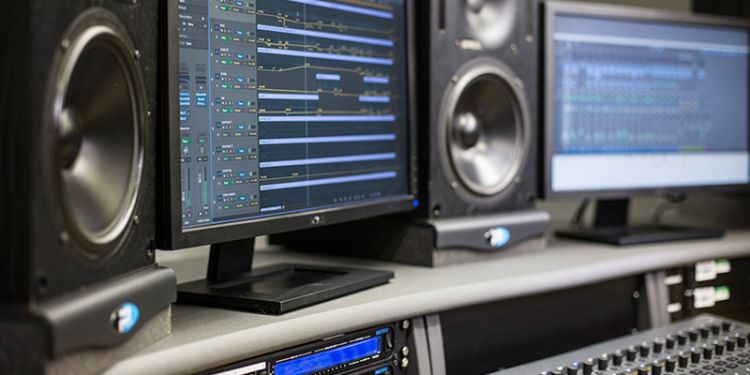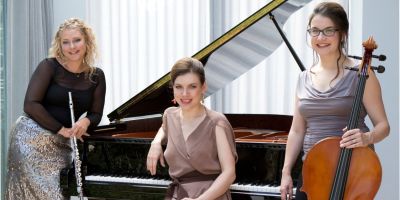Hearing aid users work together to understand key aspects of music audio quality, in new study

Hearing aid users work together to understand key aspects of music audio quality, in new study
Hearing aid users have come together to help shed light on key aspects of music audio quality, as part of a study by researchers at the University of Leeds’ School of Music.
The research project, which was led by Postdoctoral Research Fellow Dr Scott Bannister and School of Music Professor Alinka Greasley, saw 12 hearing aid users work together across several focus groups to explore terms they would use to describe music audio quality, identifying similarities and differences in meaning between the terms.
After listening to a range of music samples, the group reached a consensus on the key attributes of music audio quality. These included clarity, distortion, harshness, spaciousness, treble strength, middle strength, bass strength, and frequency balance. Participants also developed rating scales for these attributes, for use in future research on music listening and hearing loss.
Scott and Alinka hope that the findings will help to understand the experiences of music listeners with hearing loss, and inform future developments and innovations in hearing aid technology and other consumer devices.
The research has just been published in Frontiers in Psychology and is openly accessible here. It forms part a wider cross-university initiative – the Cadenza Project – which aims to improve the experiences of music for those with hearing loss, through sensory panel studies, listening tests, and machine learning challenges.
We know from previous research that for those with hearing loss, listening to music presents a range of difficulties, so the next step was to work with hearing aid users directly to understand their perspectives. We hope these findings serve as a grounding for addressing such difficulties, and we are delighted that the rating scales developed by participants in this study are already being used for new listening tests in the next steps of the Cadenza Project.
These findings are important for understanding the characteristics of music that detract from or enhance the listening experience. We look forward to developing this research over the coming years, and improving the accessibility and enjoyment of music for hearing aid users.
The Cadenza Project is led by the University of Salford in collaboration with the University of Leeds, the University of Nottingham and the University of Sheffield.




